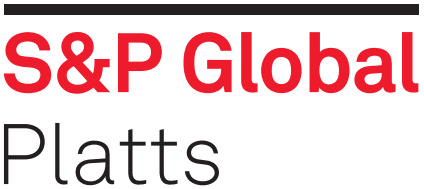
ArcelorMittal has rolled out a new sustainability program across Europe to secure so-called ‘ResponsibleSteel’ site certification for its flat products plants, the steel producer said Tuesday.
A 12-month program will enable each of ArcelorMittal’s sites to prove their production processes meet rigorous standards across a range of social, environmental and governance criteria.
To be awarded ResponsibleSteel certification, sites are audited by a third party with an independent Certification Committee making the final certification decision. The standard is based on 12 principles mainly aimed at improving climate change and greenhouse gas emissions, water stewardship and biodiversity, human rights and labor rights and business integrity.
“Responsible production techniques and high ethical and business standards have become increasingly important to our customers and consumers. It is at the heart of how we do business, giving our customers the reassurance that we meet their sustainability expectations by meeting carbon, environmental and social standards at every stage of productions,” Geert Van Poelvoorde, CEO ArcelorMittal Europe – Flat Products, said.
The first sites to go under scrutiny will be in Belgium, Germany, Spain and France, with others to follow.
After the initial phase, further ArcelorMittal sites around the world will be part of the program. In 2020, ResponsibleSteel will launch a standard for the certification of steel products, which will include stringent requirements for raw materials supply chain.
Steel’s end-users in the transport, automotive, infrastructure, packaging, construction, energy and white goods sectors have an ever greater expectation that the materials they use are responsibly sourced and produced.
For example, major steel buyer Toyota said it was targeting zero carbon emission from the vehicle life cycle and its plants by 2050, the same as for Volkswagen. Carlsberg wants zero carbon at its breweries. Overall, steel buyers are increasingly asking that their raw materials are obtained by audited sources to ensure a sustainable supply chain.




